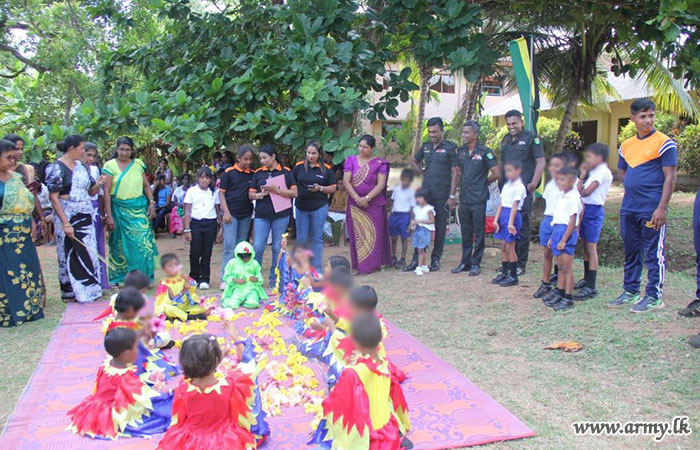Five Sri Lankan soldiers remanded in connection with the 1997 abduction and murder of two Tamil youths in Siruppiddy have been granted bail on the order of the Court of Appeal.
The five suspects had their remand extended after eleven other suspects in the case were acquitted at the Attorney-general’s advice in March.
Selvaratnam Jeyaseelan and Nagamany Soundararajan of Madduvil North, Chavakachcheri, were abducted on 28th October 1997 while on the way to a relative’s wedding.
The men are suspected to have been murdered by soldiers based in the Vatharavathai camp in the Puttur, Siruppiddy area.

